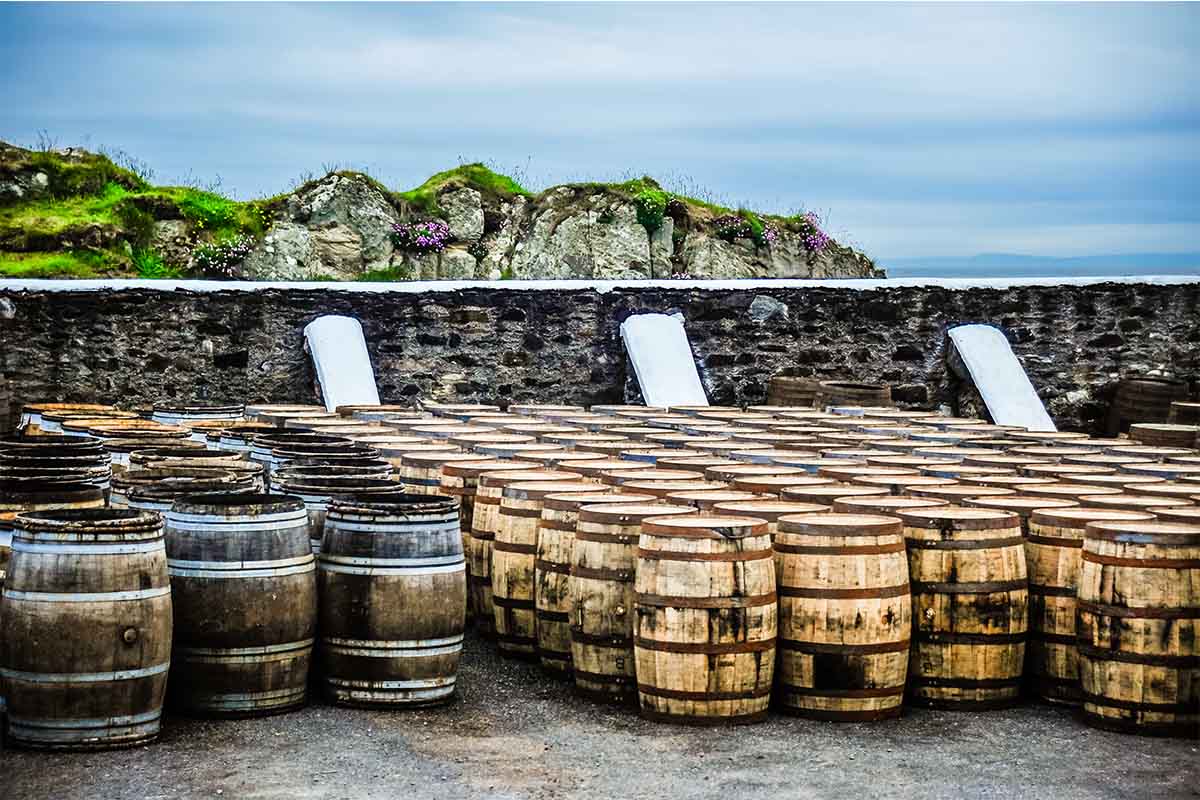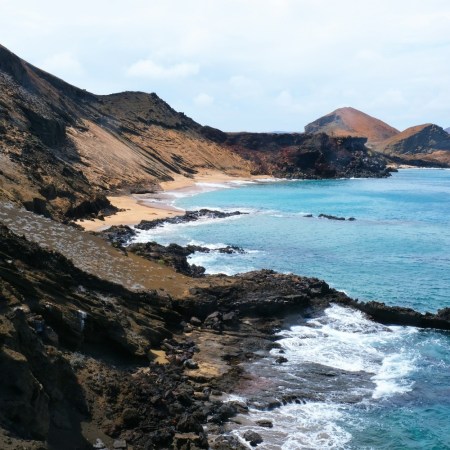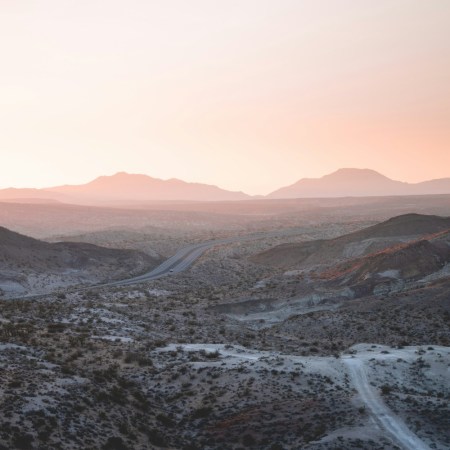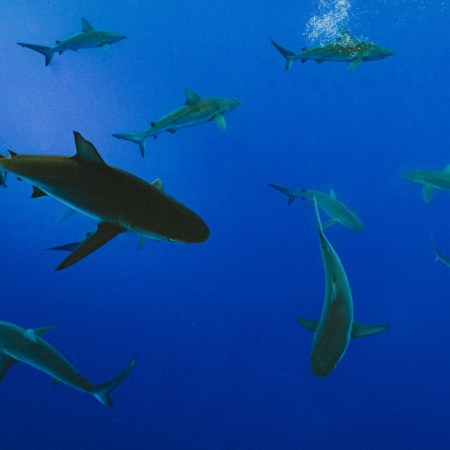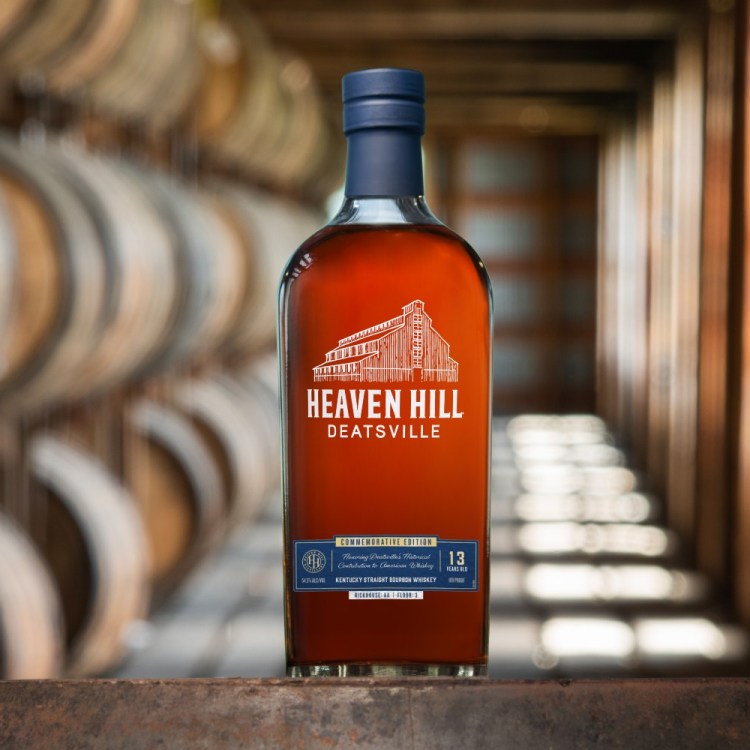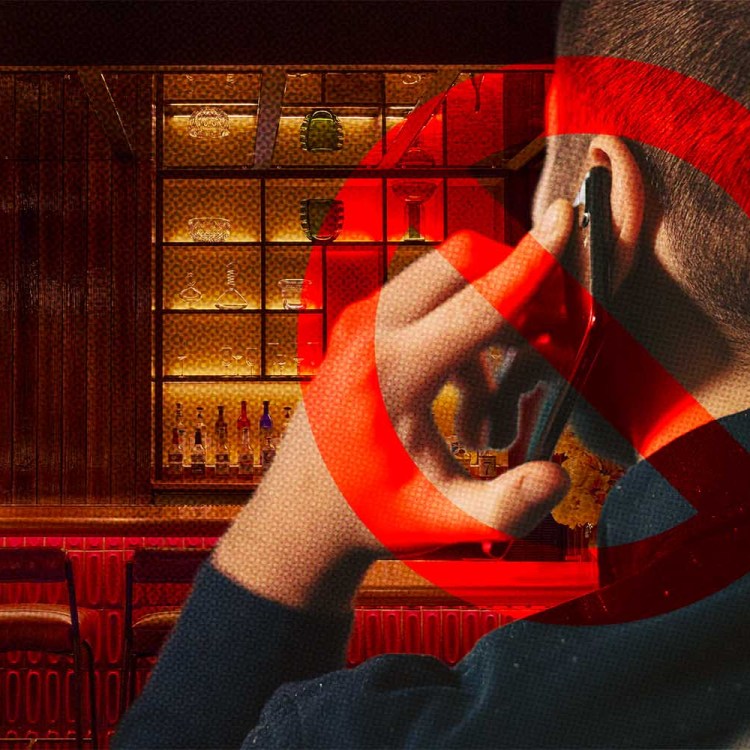If you want to save the Earth, hoist a dram.
Over the past few years, the booze industry has done a noticeably good job prioritizing sustainability and eco-friendly practices. Of course, not every company has come on board for the environment, but it’s rare to talk to a brand these days that doesn’t promote the ideas of reducing waste, recycling packaging or decreasing their carbon footprint.
The simplest argument they can make? You do good by the Earth and you get to continue to enjoy its (boozy) bounty. “Scotch has been produced for 500 years, and we want to ensure that it is being produced for generations to come,” says Karen Betts, Chief Executive of the Scotch Whisky Association, which just launched its own industry-wide eco initiative.
A new domestic administration and tighter (and more enforced) environmental regulations should push the industry into taking even more eco-friendly action in the next few years. That said, Ben Cooper at Just-Drinks.com suggests a lack of industry-wide standardization and a “plethora” of organizations and schemes — the excess of plan acronyms is mocked as “alphabet soup” — could hinder some post-pandemic sustainability efforts. (The U.N.’s 2030 Agenda for Sustainable Development does serve as a guidepost, however.)
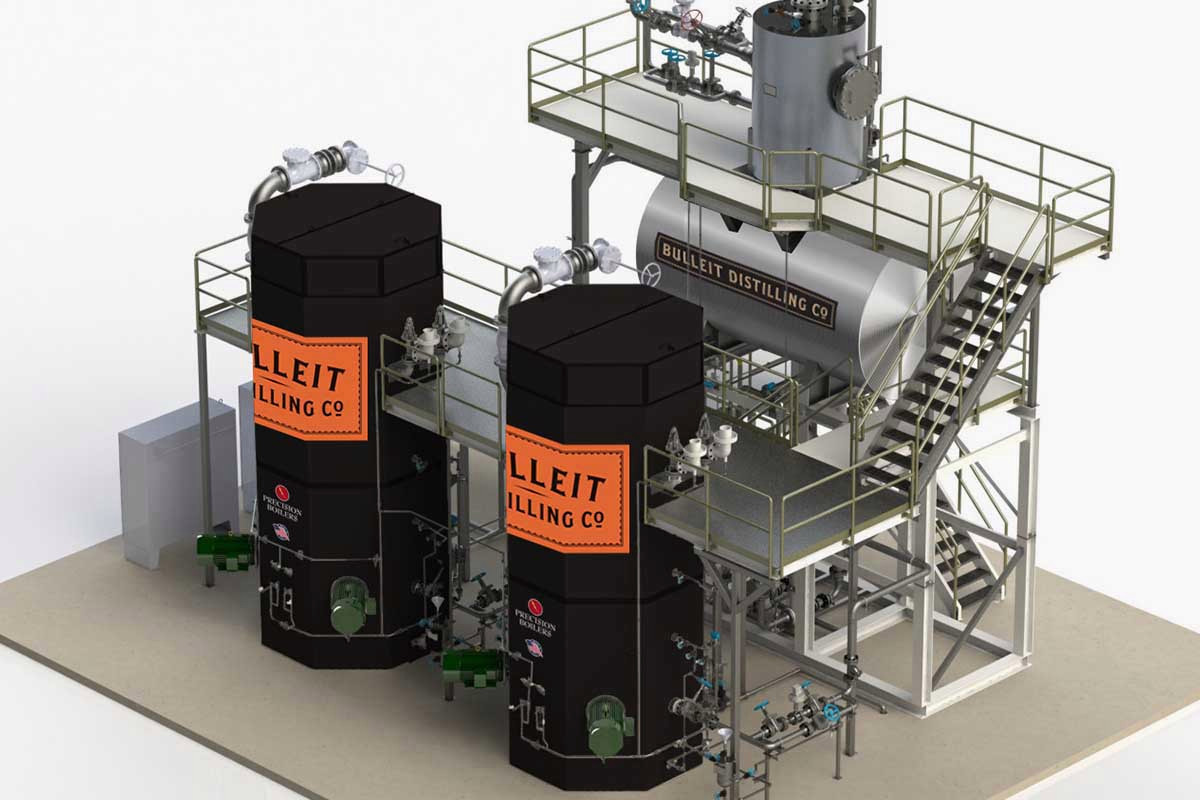
Not every green action outlined below is selfless — helping the environment is a selling point, albeit a worthy one — but consider this an early check-in as spirits brands and companies announce their ambitious ecological plans for the next five to 15 years.
The Whisky Plan
The Scotch Whisky Association (SWA) recently announced a goal of reaching net-zero emissions in its operations by 2040, which puts its goals ahead of both the Scottish and UK government’s environmental targets. This follows some successful initial industry goals — some launched way back in 2009 — that saw greenhouse gas emissions reduced by a third and waste sent to landfills brought down to 1% (a 75% reduction in five years).
The sector’s multi-tiered plan also calls for all new product packaging becoming reusable, recyclable and compostable by 2025, as well as four-year plans for improved responsible water usage and a continued conservation/restoration of Scotland’s peatland.
The American Spirits Plan
A U.S.-based advocacy group, the Distilled Spirits Council has focused most of its efforts in the past year on state laws regarding delivery cocktails, eliminating booze tariffs and tax reform for craft distilleries. All worthy subjects. But sustainability is part of the group’s overall mission, and this past November DISCUS announced the formation of an Environmental Sustainability Working Group “to collaborate and share effective strategies for maximizing resource utilization and eliminating waste at every step of the production process.” The plan involves a mix of land stewardship, renewable energy, waste reduction and (most interestingly) evaluating the cost and impact of transport within the industry, which means a look at improving truck and ocean freighter container fill rates and switching to low-sulphur and Compressed Natural Gas fuel types. No mandates here, but more of an exchange of ideas.
The Corporation Plan
Drinks giant Diageo (Johnnie Walker, Crown Royal, Captain Morgan, etc.) launched a 10-year, 25-part sustainability initiative late last fall, focusing on everything from achieving Net Zero carbon emissions, decreasing water consumption across operations by 30 percent and achieving 100 percent recyclable packaging.
The Brand Plan
Almost every new spirits brand is highlighting its sustainability efforts. For example, just-launched Mijenta tequila notes that all their paper-related components are made of agave waste (and all of their packaging elements are purchased locally in Mexico). Bently Heritage is an “estate” distillery, harvesting grains grown on its own land for its spirits. And the Brooklyn-based Air Co. is actually a carbon negative brand, utilizing a unique carbon-capturing process to craft their vodka.
As for legacy brands: Beefeater Gin has switched over to a bottle that is now all recyclable glass, aluminum and paper elements; Diageo’s Johnnie Walker Scotch Whisky will have a paper-based bottle (made from sustainably sourced wood) arrive sometime this year. Bulleit is utilizing solar power, locally sourcing ingredients, and planning to plant one million white oak trees over the next five years. And Flor de Caña rum is the world’s first spirit to obtain carbon‐neutral certification and Fair Trade status.
Every Thursday, our resident experts see to it that you’re up to date on the latest from the world of drinks. Trend reports, bottle reviews, cocktail recipes and more. Sign up for THE SPILL now.
